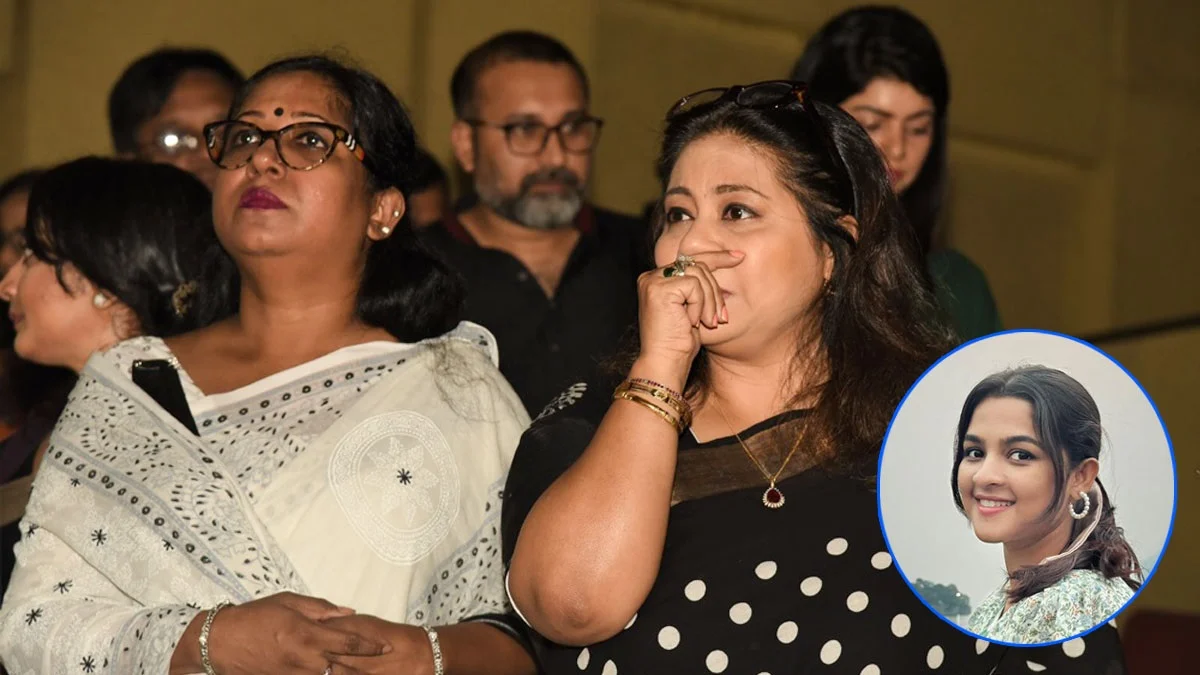Sadia Ayman said the crying of stars on BTV, shame
Share on:

The ongoing quota reform movement in Bangladesh has caused a rift among prominent artists, with some supporting the student protests while others express concern over the violence and damage caused.
On August 1, a group of visual media artists, including theater and cinema stars, gathered at Farmgate in the capital to demand justice for the murdered students and protest the government's harsh crackdown on the movement. The rally saw notable figures from various entertainment sectors showing solidarity with the students.
Conversely, on the same day, film, drama, and music artists-directors visited the Bangladesh Television (BTV) premises, which had been affected by fire. They demanded that those responsible for the destruction be found and punished. Among the attendees were MP and actor Ferdous Ahmed, Shami Kaiser, Rokeya Prachi, Jyotika Jyoti, Sohana Saba, and many others.
The visit to BTV drew criticism from young actress Sadia Ayman, who expressed her disapproval on social media. In a Facebook post, she shared a card criticizing the artists who visited BTV and questioned their priorities. She specifically mentioned Shami Kaiser, who had expressed her sadness over the BTV fire, saying, "Shame on you guys."
Sadia Ayman elaborated on her stance in a follow-up post on Friday night, criticizing the artists for not speaking out about the deaths of students and ordinary people involved in the movement. She wrote, "So many students, children, mothers, sisters, ordinary people who died did not say anything! He never expressed regret. Not once did he ask for justice for the murder of these people. Why?"
Expressing her frustration, Sadia added, "The words you say in front of the camera, thinking about your own profit or loss, for the sake of power or to show someone, will remain in the archive for the rest of your life, and will also remain in our minds. Generation to generation will know that the 90's actors we admired on TV screens are now amazed and embarrassed by their real-life actions! I regret to inform you that respect for you may never return."
The division among artists highlights the broader societal tensions and differing perspectives on the quota reform movement, as well as the impact of the ongoing unrest in Bangladesh.

